Empowering SME Growth: Investment, Innovation, and Access to Finance Take Center Stage at Key Summit Sessions
Abu Dhabi, April 9th–In a series of high-impact sessions held as part of the ongoing summit, global experts
and thought leaders came together to share transformative insights aimed at unlocking growth, innovation, and financial opportunities for small and medium-sized enterprises (SMEs). The sessions, featuring interactive discussions and masterclasses, addressed the evolving landscape of entrepreneurship, B2B growth, digital transformation, and Islamic finance for agribusiness.

Building Investment Ecosystems for SME Growth and Prosperity
This session explored the frameworks and conditions necessary to unlock capital and scale innovation-driven ecosystems for SME success. Francesco Bonfiglio, CEO of DYNAMO SpA, emphasized the critical role of data in powering modern technologies and called for a departure from outdated economic models. He asserted that market trust, not just funding, is key to SME success, urging investors to prioritize sustainable B2B solutions. Neo Mngomezulu,Managing Director of Zuloo Holdings, highlighted the importance of entrepreneurial mindset, continuous learning, and relationship-building as essential tools for crafting resilient business strategies. Yousuf Saeed Ahmad Nasser Lootah, Founder and CEO of Lootah Bio Fuel LLC, positioned the UAE as a global leader in green innovation. He encouraged SMEs to align with national sustainability goals to meet rising global demand for clean technologies. The session concluded with a unified call to action: build SME ecosystems that foster trust, enable long-term investment, and create sustainable impact for communities.
Masterclass: Market Access Strategies – Unlocking B2B Growth Opportunities for SMEs
This masterclass provided strategic guidance on modernizing B2B sales for SME expansion. ElHusseiny advocated shifting from traditional sales funnels to relationship-driven models, emphasizing continuous customer engagement.He introduced proven sales frameworks such as MEDDIC and GPCTBA/C&I, which align sales efforts with client needs and decision-making criteria. The session mapped the full customer journey, from initial outreach to post-sale communication, and underscored the importance of sales intelligence and tech enablement to target the right leads efficiently. Topics included effective lead qualification, proposal personalization, budget tracking, and the integration of feedback loops for continuous performance improvement.The session emphasized that strategic use of data and technology can significantly enhance SME competitiveness in the B2B market.
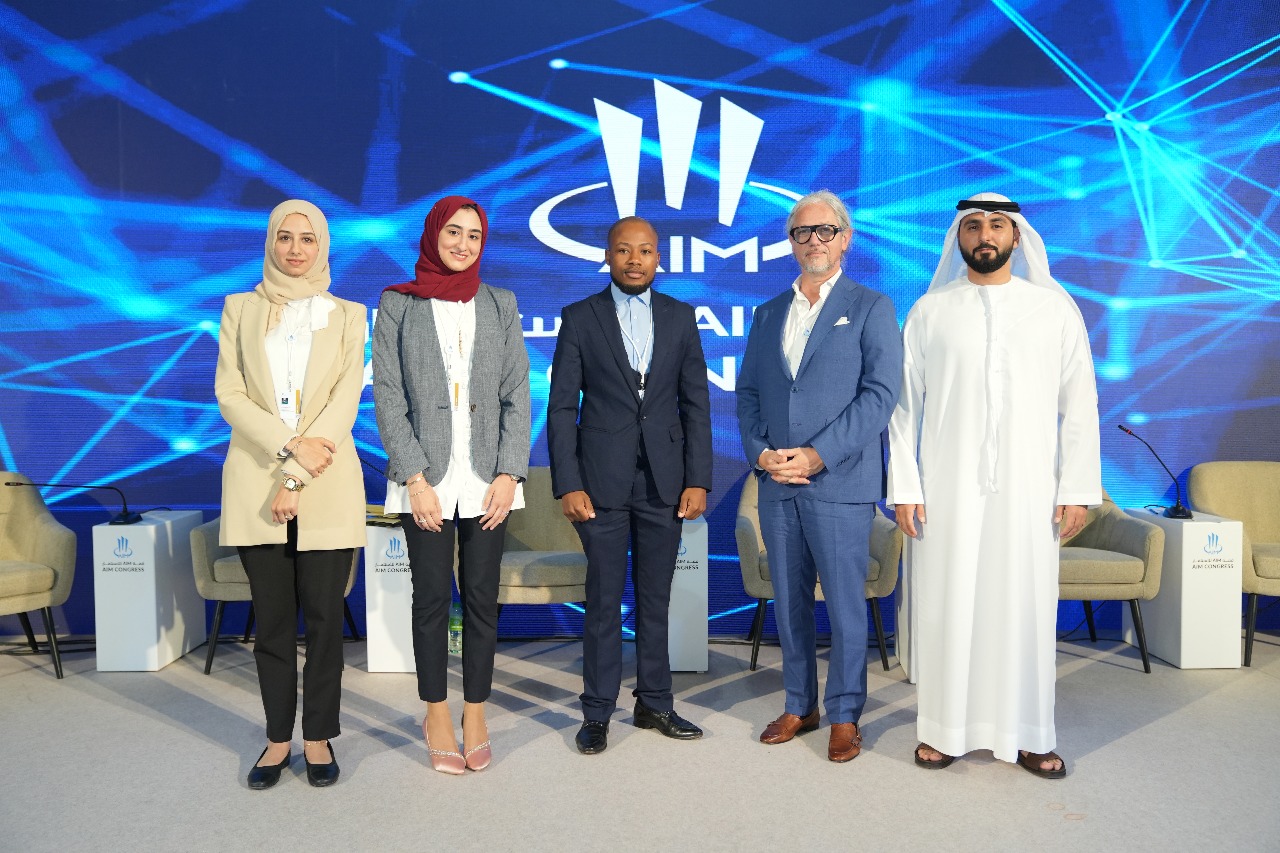
Unlocking Finance for Agribusiness SMEs to Accelerate Economic Transformation –Opportunities for Islamic Finance
This session brought together international experts to discuss the financing challenges and digital transformation opportunities facing agribusiness SMEs, with a spotlight on Islamic finance. Elias Eliades, Director, Enterprise Greece, showcased Greece’s AI-focused investment strategy supported by over €145 million in EU funding. He noted Greece’s emergence as a key innovation hub with access to both European and MENA markets. Prof. Fabrizio Dughiero, University of Padova, outlined barriers SMEs face in digital transformation—such as high costs, lack of expertise, and hesitancy toward AI adoption—and emphasized the role of competence centers and public-private partnerships in bridging the gap. Peter Pal Mogyorósi, CEO, LC Innoconsult, addressed fears around AI replacing jobs and stressed the need for sector-specific AI integration, robust IP protection, and regulatory frameworks to ensure responsible use of emerging technologies. Sonia Fernandez Maas, Director at AMEC, underlined the role of AI in performance monitoring, industrial modernization, and the importance of collaborative cluster development to drive industrial innovation. Suresh Sharma,Founder of Open Range Capital Partners and LunaGen.AI, shared a compelling story of producing ventilators in a remote village—highlighting that innovation is possible without large infrastructure, and SMEs can lead sustainable, tech-enabled manufacturing from the grassroots level.
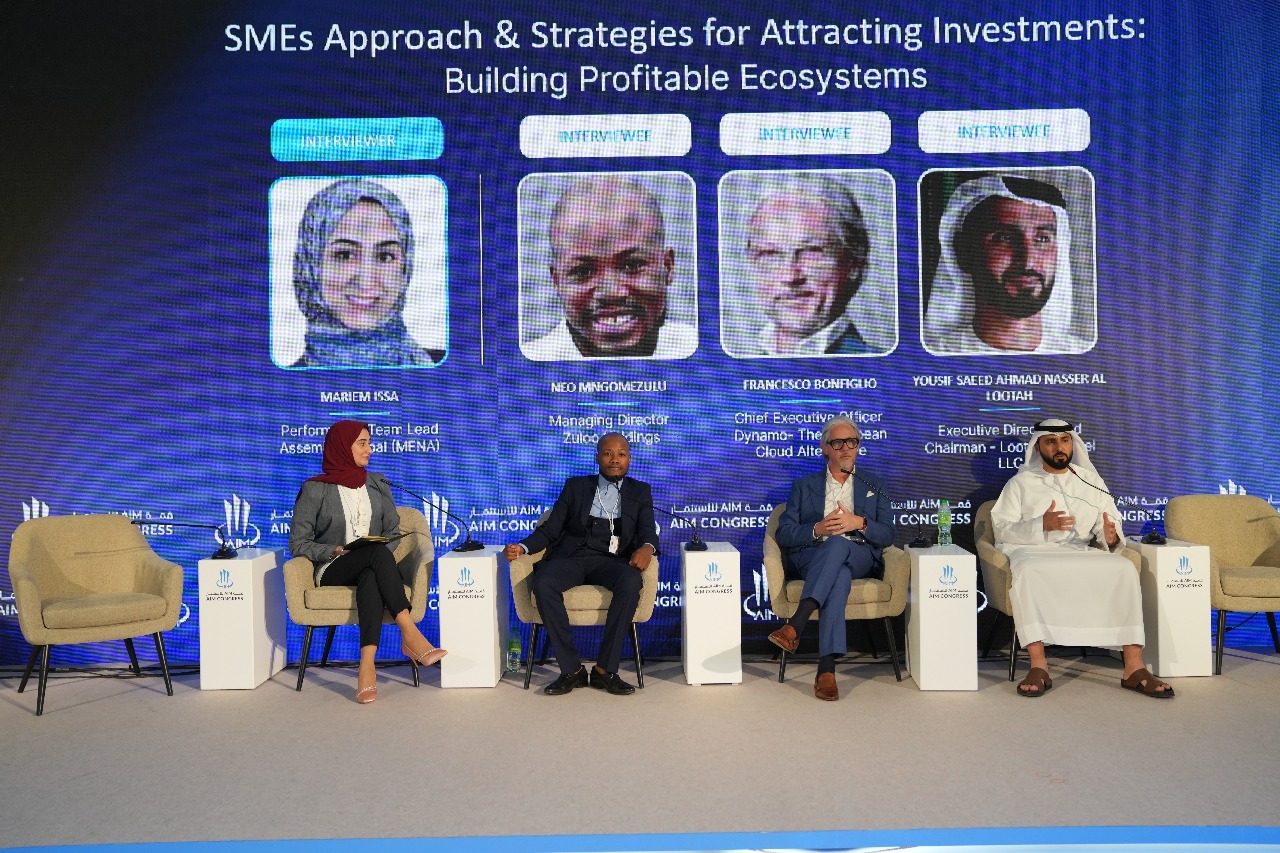
-Ends-























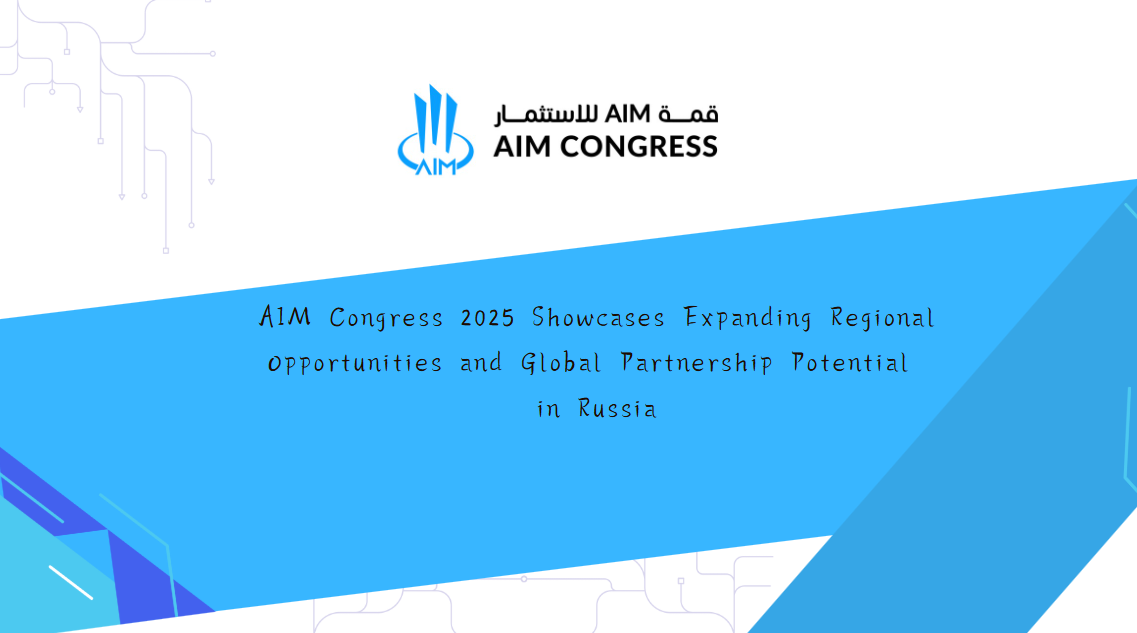
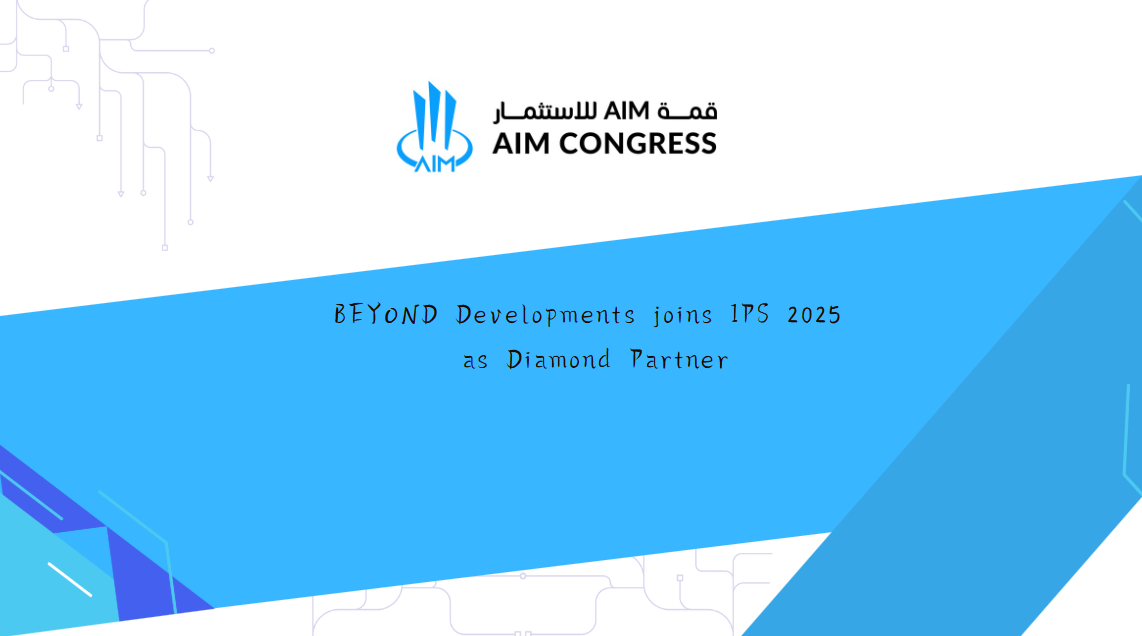
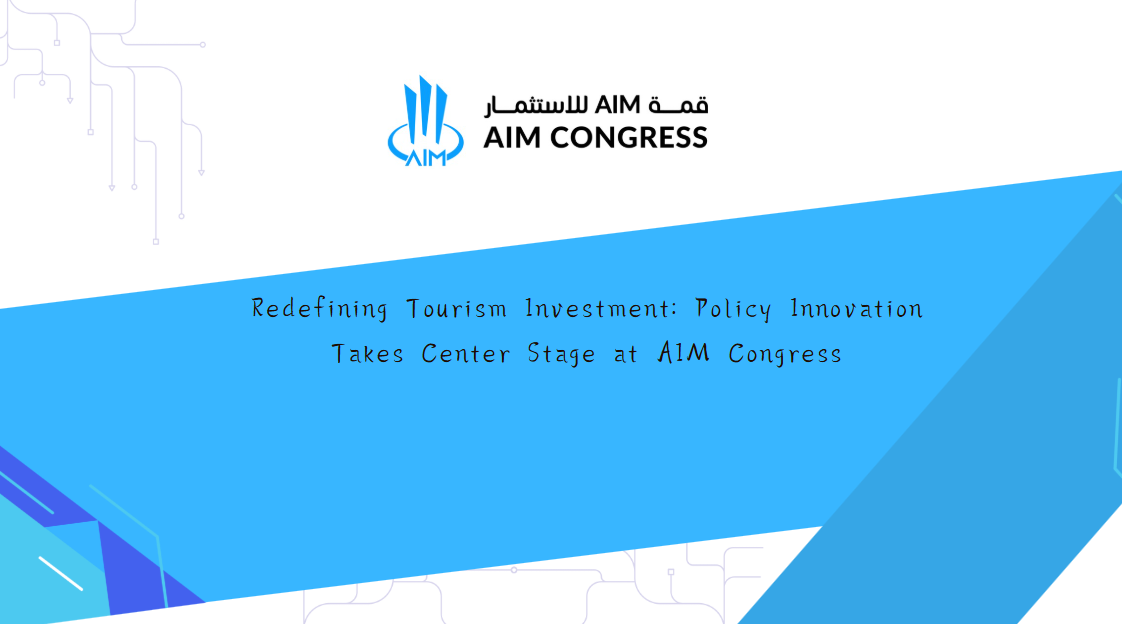
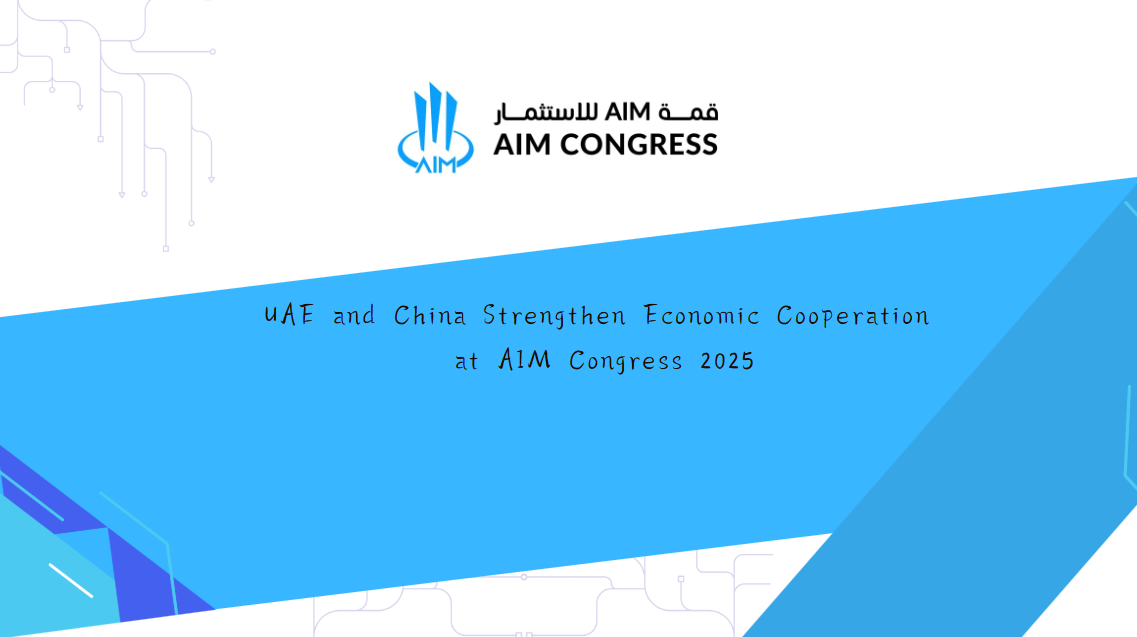



























First, please LoginComment After ~